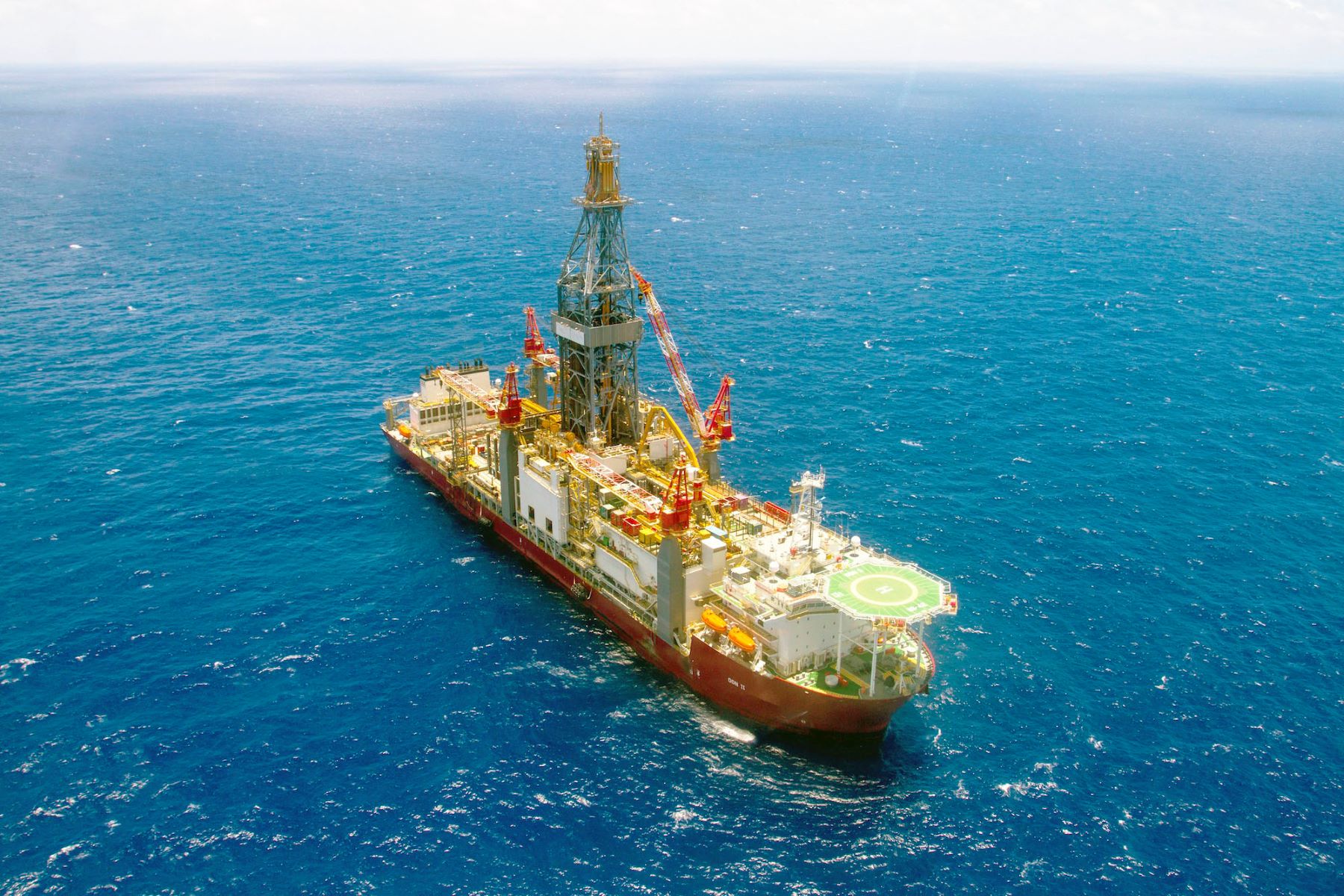O uso deste material é autorizado apenas para fins editoriais.
Petrobras discovers oil in ultra-deep waters of the Potiguar Basin
Petrobras has discovered an oil accumulation in the ultra-deep waters of the Potiguar Basin in the Anhangá exploratory well of the POT-M-762_R15 Concession. The 1-BRSA-1390-RNS (Anhangá) well is located near the border between the states of Ceará and Rio Grande do Norte, about 190 km from Fortaleza and 250 km from Natal, at a water depth of 2,196 meters, on the Brazilian Equatorial Margin.
This is the second discovery in the Potiguar Basin in 2024, preceded by proof of the presence of hydrocarbons in the Pitu Oeste Well, located in the BM-POT-17 Concession, around 24 km from Anhangá. These discoveries still require further assessment. Petrobras is the operator of both concessions and holds a 100% stake.
The exploratory activities in the Equatorial Margin represent another step in Petrobras' commitment to replenishing reserves and developing new exploratory frontiers to ensure that global energy demand is met during the energy transition.
The new campaign was executed without incident, in line with Petrobras' history of excellence and absolute safety, reinforcing the company's commitment to respecting people and the environment.
"The company has a track record of almost 3,000 wells drilled in deep and ultra-deepwater environments, without any kind of incident or impact on the environment, which, combined with the technical capacity and experience accumulated over almost 70 years, enables the company to open up new frontiers and handle its operations in the Equatorial Margin with total safety," says Petrobras CEO Jean Paul Prates.
In addition to its activities in the Brazilian Equatorial Margin, in 2023, the company acquired new blocks in the Pelotas Basin in southern Brazil and stakes in three exploratory blocks in São Tomé and Príncipe, a country on the west coast of Africa.
About the discovery in Anhangá
The discovery of Albian-age turbidite reservoirs carrying oil is unprecedented in the Potiguar Basin and was made through electrical profiles and oil samples, which will later be characterized through laboratory analysis. Petrobras will continue its exploratory activities in the POT-M-762_R15 Concession, aiming to assess the reservoirs' quality, the oil's characteristics, and the technical-commercial viability of the accumulation.
To evaluate the discoveries, Petrobras is applying geological and geophysical technological solutions, combined with the expertise and excellence of the company's technical staff and its world leadership in deep and ultra-deepwater operations.
This second exploratory well was also conducted safely and within the strictest deepwater operation protocols. This reaffirms that Petrobras is prepared to carry out activities in the Equatorial Margin with total responsibility.
The exploratory success in Guyana and Suriname corroborates the importance of Petrobras continuing its campaign in the Brazilian Equatorial Margin Basins, as set out in its Strategic Plan 2024-2028.
"With the advance of exploratory research in Brazil's Equatorial Margin, we have increased our knowledge of this region, considered to be a new and promising frontier in ultra-deep waters, which will be fundamental for the company's future, guaranteeing the supply of oil needed for the country's development," says Exploration and Production director Joelson Mendes.
The company intends to invest US$ 7.5 billion in exploration by 2028, of which US$ 3.1 billion is in the Equatorial Margin, which stretches from Amapá to Rio Grande do Norte. It plans to drill 50 new exploratory wells in the period, 16 in the Equatorial Margin region.
Fair Energy Transition
New oil and gas reserves are strategic for the country and essential for guaranteeing national energy security and sovereignty in the context of the just energy transition. The opening of this new frontier is also in line with the company's strategic pillar of maximizing the portfolio's value by focusing on profitable assets, replenishing oil and gas reserves, increasing the supply of natural gas, and promoting the decarbonization of operations.
If Brazil maintains oil demand at current levels and no new reserves are added, the country could become an oil importer; hence the importance of energy diversification, guaranteeing both oil supply and investments in new low-carbon energies.
License
Petrobras carried out a pre-operational assessment (APO) to obtain the license to drill this well, which demonstrated to Ibama that it was prepared to operate safely in the region. Watch a video about this simulated emergency exercise here.
Downloads
Text of this article
Text downloadVideos from this article
Você pode se interessar por
Browse the Sections:
Choose a channel:
Accessibility:
Language:
Select a language:

